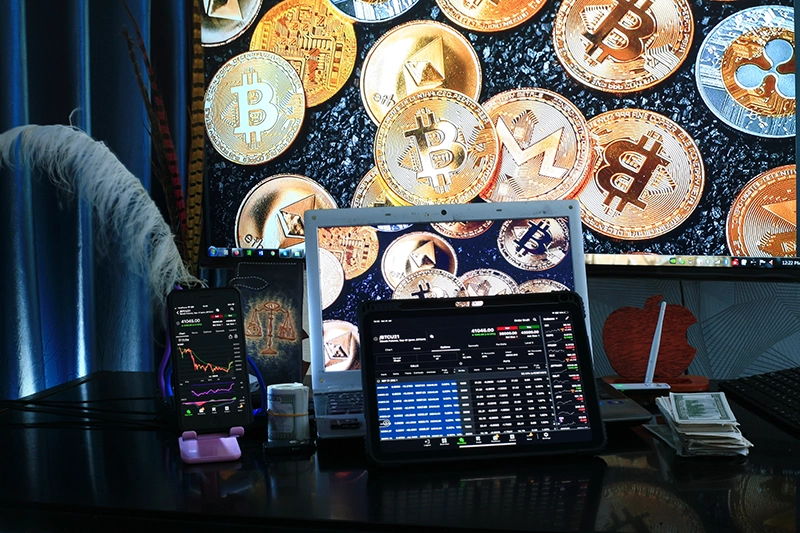Everyone who trades stocks ordinarily does so based on a combination of luck, speculation, and knowledge about a company. To keep the playing field level, the government is increasingly regulating what is known as “insider trading.”
Insider trading centers around the idea of “inside information;” there are two criteria that an element of information must meet to be considered inside information. First, it is information that is not public. Second, it is information that could change the price of a stock if the public found out.
Many people have access to inside information. But when someone with that information (or his or her friend, family member or relative) acts on it, securities fraud and insider trading charges may result.
Criminal charges may be filed when an employee who has access to inside information buys or sells stock. Also, some insider trading prosecutions occur after someone outside a company trades stock based on an insider tip from someone else.
In other situations, someone with inside information may recommend a trade to someone else. Even if the inside information itself is not shared with the person who makes the trade, it is still insider trading.
Securities fraud and insider trading are federal crimes that can have a tremendously negative impact on a defendant’s future career prospects. Not only are those who are found guilty subject to time in prison, they may also have to pay a hefty fine. The law provides for a fine of up to three times the amount of money earned from an illegal insider trade.
If you are accused of insider trading, it is important to speak to an experienced lawyer who is knowledgeable about insider trading defenses as well as federal plea and sentencing mitigation.



Leave A Comment